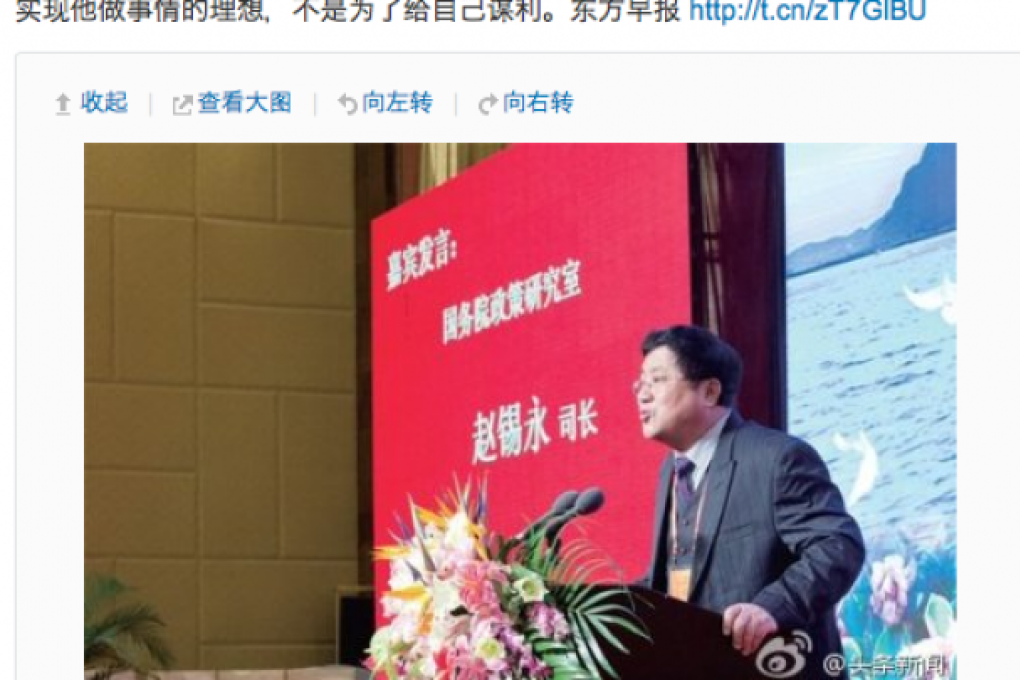Opinion | I thought I could do a better job, says man arrested for impersonating official
Shenyang native Zhao Xiyong won't plead guilty to fraud charges, his lawyer said

It took Zhao Xiyong, a 58-year-old Shenyang native, three years to rise from being a nobody to the position of vice-ministerial level civil servant. Having inspected six Chinese provinces, held countless meetings and given speeches, Zhao was arrested for impersonating a national official in March.
In 2004, Zhao unsuccessfully applied for a position with China’s highest executive organ, the State Council.
"It's such a pity to see such a talented person not taking the right path," a local official told the daily in reaction to Zhao's arrest. They had enough money, his wife told the paper. Her husband's actions did not bring any financial benefit to the family, she said.
